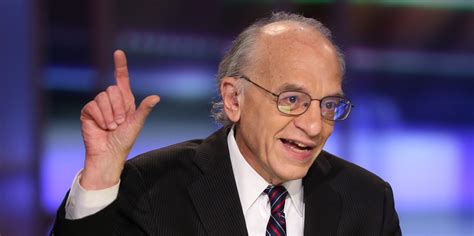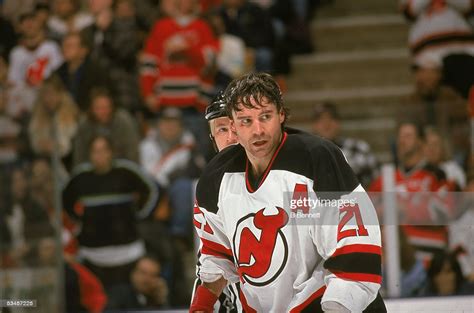A Quote by Mohamed El-Erian
[When] the market is trying to get to terms with, first, lower global growth, particularly out of emerging markets and China. And, second, the market is worried the central banks have run out of ammunition. So put these two things together, and then investors are repricing the market lower.
Related Quotes
You cannot just depend on the market, because the market will say: China needs oil; China needs coal; China needs whatever, and Africa has got all these things in abundance. And we go there and get them, and the more we develop the Chinese economy, the larger the manufacturing is, the more we need global markets - sell it to the Africans which indeed might very well destroy whatever infant industries are trying to develop on the continent. That is what the market would do.
It can be shown that maximum diversification is achieved by holding each stock in proportion to its value to the entire market (italics added)... Hindsight plays tricks on our minds... often distorts the past and encourages us to play hunches and outguess other investors, who in turn are playing the same game. For most of us, trying to beat the market leads to disastrous results... our actions lead to much lower returns than can be achieved by just staying in the market.
When I get hurt in the market, I get the hell out. It doesn't matter at all where the market is trading. I just get out, because I believe that once you're hurt in the market, your decisions are going to be far less objective than they are when you're doing well If you stick around when the market is severely against you, sooner or later they are going to carry you out.
The stock market in Japan was half the world market and where has the Japan economy gone since the 1990s? Nowhere. They've been struggling for two decades in the aftermath of a massive bubble that's collapsed. They've tried to work their way out of it by printing even more money and it hasn't worked. Now, I'm saying this is what all the central banks are doing. There is no honest interest rate in the world today.
Yes, when they're buying there are more buyers in the market and that's supportive of the price. The more buyers you have, the firmer the price is going to be. When central banks were selling it was a headwind the market had to overcome. Now it's a tailwind that central banks are joining the buyers.

































